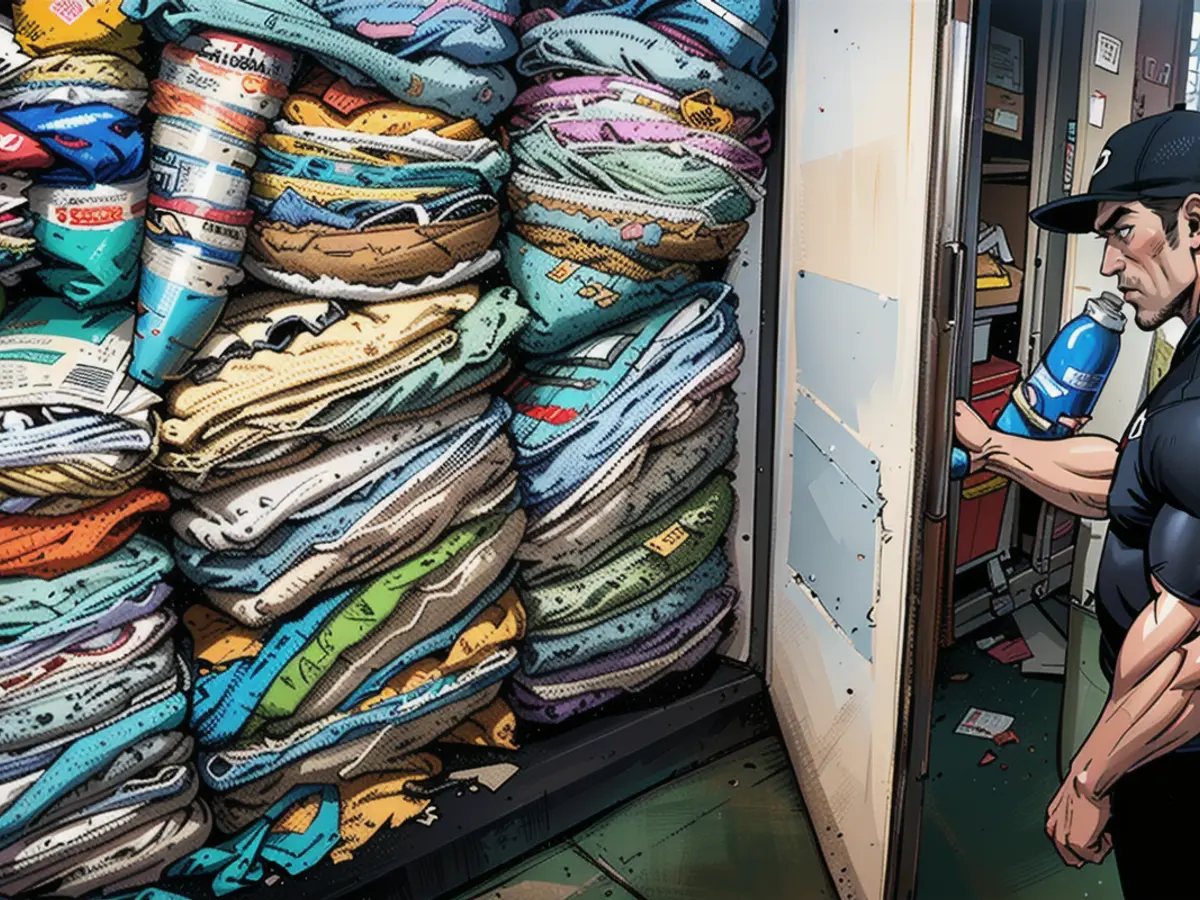Germany ships out fewer plastic waste products.
Germany's export of plastic waste has significantly decreased in comparison to previous years. The Federal Statistical Office reported that around 694,000 tons of plastic waste were shipped to other countries in the past year, which is a 48% decrease from ten years ago and an 8% decline compared to the previous year. This reduction can be attributed to the import bans implemented by some Asian nations. Back in 2013, Germany exported around 1.3 million tons of plastic waste.
Despite the decrease in Germany's plastic waste exports, it remains the EU's leading exporter. Eurostat revealed that the Netherlands came in second place, exporting around 550,500 tons, followed by Belgium with 436,400 tons.
Last year, the majority of Germany's plastic waste exports went to the Netherlands: Nearly one-fifth (19%) of the total exported plastic waste was shipped there. This is significant because the Netherlands hosts a crucial transshipment point for seaborne freight in its port of Rotterdam. In terms of buyers, Malaysia became a top three destination for the first time in 2023, with Germany exporting 90,500 tons of plastic waste to the Asian country, marking a 34% increase from the year prior. Turkey came in third place, receiving about 87,100 tons of plastic waste from Germany.
The Federal Statistical Office highlighted the significance of managing plastic waste due to concerns about plastic islands forming in the world's oceans and the widespread presence of microplastics. The upcoming World Oceans Day on June 8 aims to raise awareness for the importance of oceans in relation to climate, health, and nutrition. The United Nations is promoting this day to bring attention to these issues.
Read also:
Germany's decision to reduce plastic waste exports has also impacted countries like Malaysia, which saw a 34% increase in imported plastic waste from Germany in 2023. Despite Germany's efforts to decrease plastic waste exports, it remains challenging to manage plastic waste globally, with concerns about plastic islands forming in the world's oceans and the widespread presence of microplastics.








